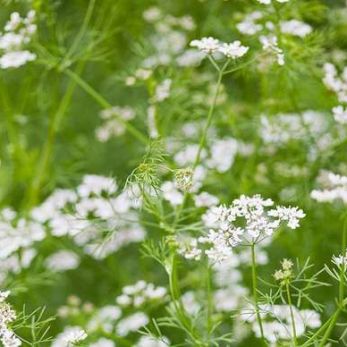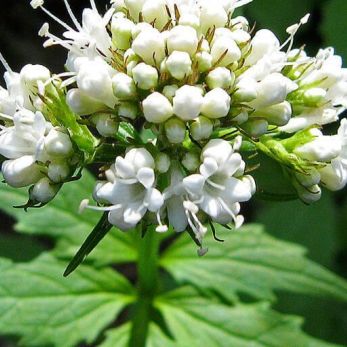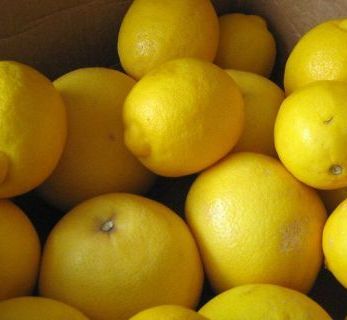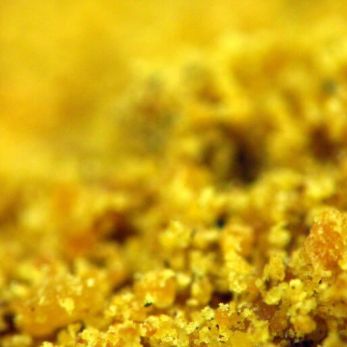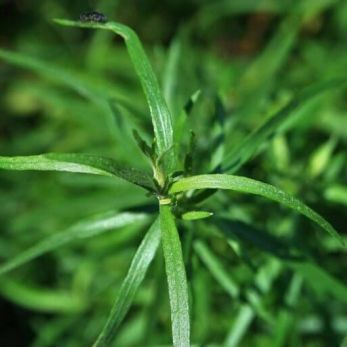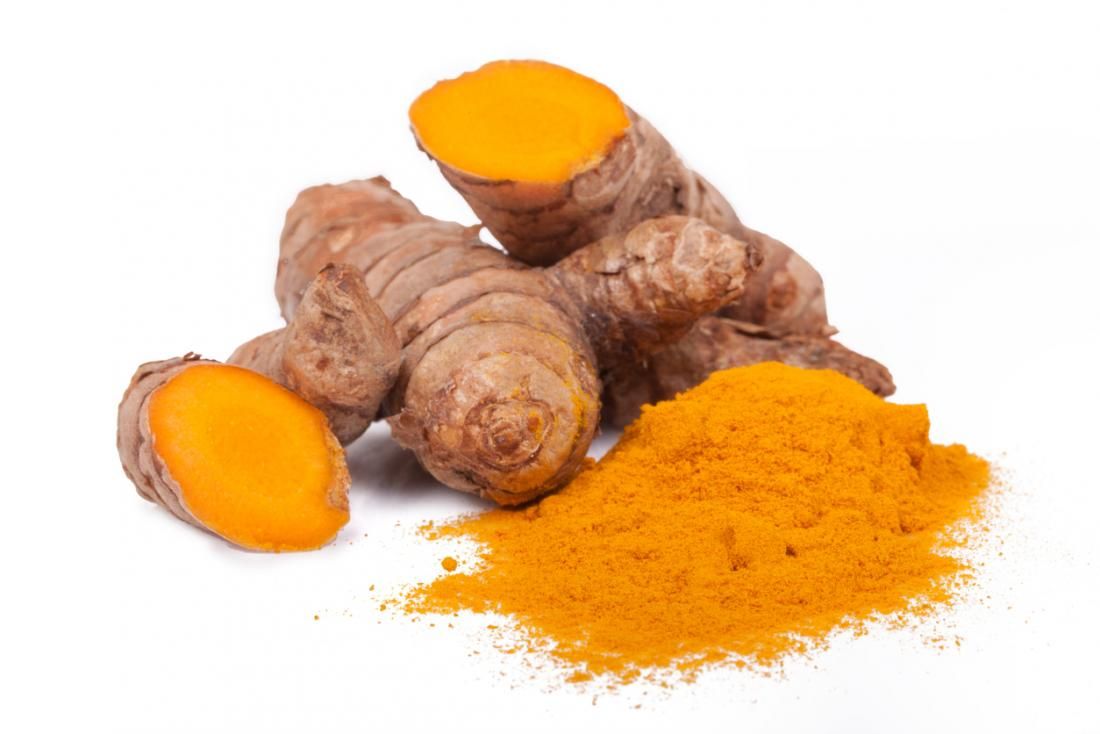
In a world where processed foods and synthetic supplements dominate the market, the significance of incorporating natural and wholesome ingredients into our diets cannot be overstated. Herbs, often overlooked in the realm of nutrition, are not only flavorful additions to our meals but also powerful sources of essential nutrients and medicinal properties. In this article, we delve into the dual role of herbs as both food and medicine, exploring the nutritional benefits of specific herbs like Cinnamon, Turmeric, Holy Basil, Cayenne Pepper, Garlic, Ginger and Black Pepper.
Herbs are Food:
The ancient saying, "Let food be thy medicine and medicine be thy food," attributed to Hippocrates, underscores the fundamental concept that what we consume directly impacts our health. Herbs, as culinary ingredients, contribute not only to the taste but also to the nutritional value of our meals.
-
Cinnamon: Cinnamon, known for its warm and comforting flavor, is a versatile herb that can be easily incorporated into various dishes. Beyond its delightful taste, cinnamon is rich in antioxidants, which help combat oxidative stress and inflammation in the body. Additionally, it has been linked to improved blood sugar control, making it a valuable herb for individuals managing diabetes.
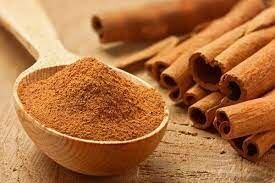
-
Turmeric: Renowned for its vibrant yellow hue, turmeric has long been used in traditional medicine for its anti-inflammatory properties. Curcumin, the active compound in turmeric, is a potent antioxidant that may help alleviate conditions such as arthritis and support overall immune health. Including turmeric in your diet can enhance the flavor of dishes while providing a nutritional boost.

-
Holy Basil: Holy Basil, or Tulsi, is revered in Ayurveda for its adaptogenic properties, helping the body cope with stress. Rich in essential oils and antioxidants, Holy Basil contributes not only to the flavor of meals but also to the overall well-being of individuals seeking a holistic approach to health.
- Ginger: Versatile and aromatic, ginger adds a zing to dishes while offering a plethora of health benefits. From aiding digestion and reducing inflammation to alleviating nausea, ginger's bioactive compound, gingerol, makes it a valuable addition to your culinary and wellness repertoire.
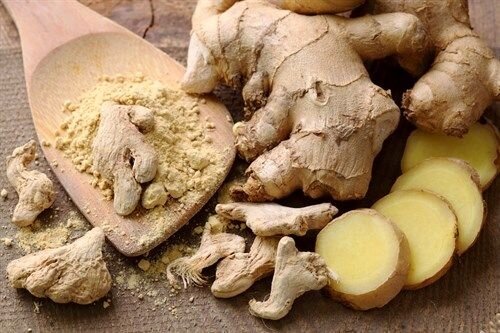
Herbs are Medicine:
Beyond their role as culinary delights, herbs have been used for centuries as potent remedies in traditional medicine systems across the globe. The therapeutic properties of herbs make them indispensable in maintaining and restoring health.
-
Cayenne Pepper: Cayenne pepper, with its fiery heat, contains capsaicin, a compound known for its analgesic and anti-inflammatory effects. Incorporating cayenne pepper into your diet can aid digestion, boost metabolism, and even provide relief from pain.
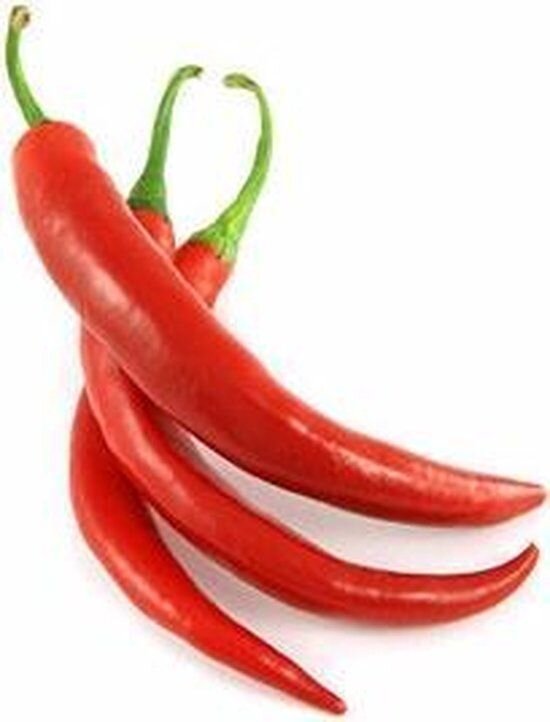
-
Garlic: Garlic, a staple in many cuisines, is not only a flavorful addition to dishes but also a powerhouse of health benefits. Its active compound, allicin, exhibits antibacterial and antiviral properties, supporting the immune system and promoting cardiovascular health.

-
Black Pepper: Black pepper, often taken for granted as a simple table condiment, contains piperine, a compound that enhances the bioavailability of other nutrients. This small but mighty herb can amplify the benefits of various foods and supplements, making it a valuable addition to any diet.
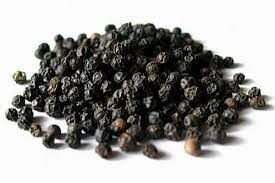
In embracing the dual nature of herbs as both food and medicine, we unlock the potential to nourish our bodies from within. By incorporating herbs like Cinnamon, Turmeric, Holy Basil, Cayenne Pepper, Garlic, Ginger, and Black Pepper into our daily meals, we not only enhance the flavor of our dishes but also tap into the incredible health benefits that nature has to offer. Let us embark on a journey to nourish our bodies with the richness of herbs, savoring the synergy of taste and well-being that these remarkable plants provide.

